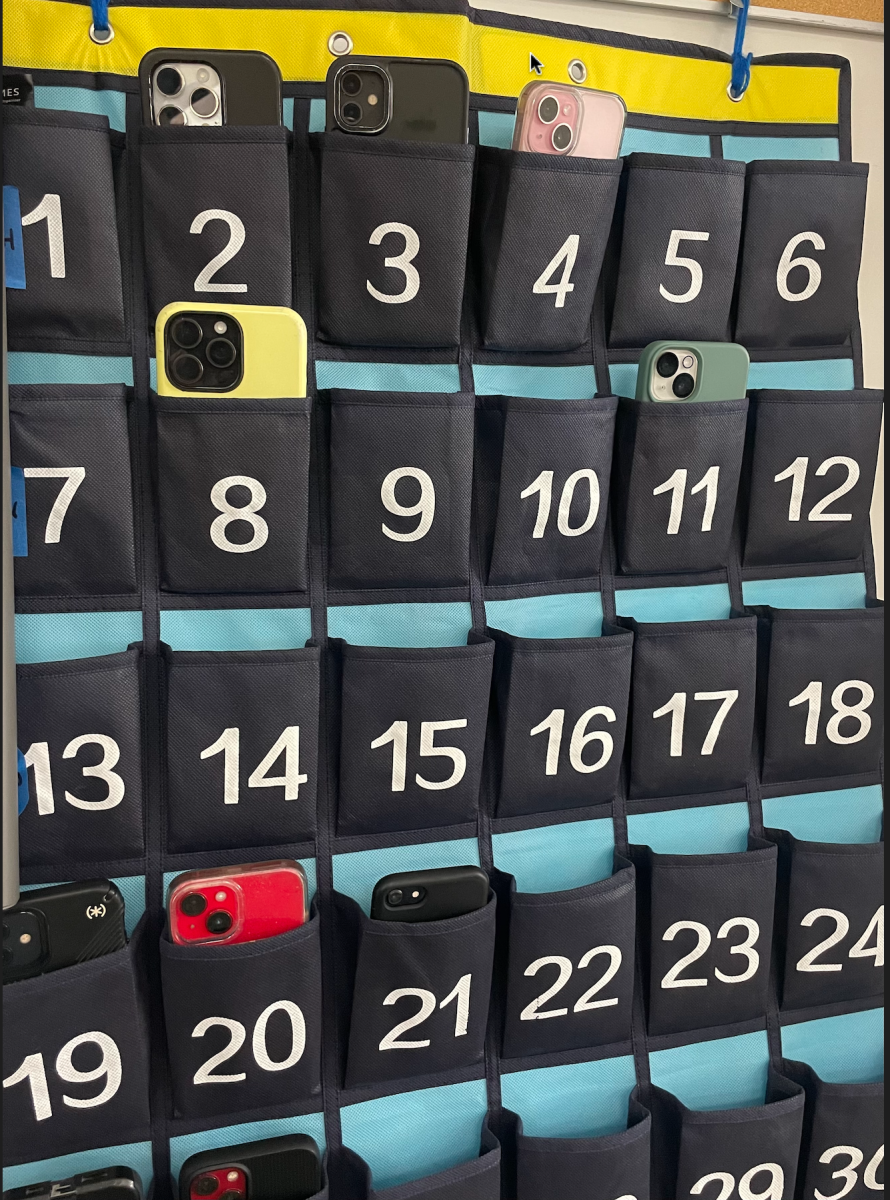
After the surge of coronavirus, many parents, teachers, and health advisers have noticed that many students who experienced the effects of lockdown during COVID-19 have seen a decrease in their executive functioning.
In psychology, executive functioning is the fundamental skill we use to help pay attention, remember instructions, and to be able to multitask efficiently. Children acquire these skills at a young age to perform well in school, extracurricular activities, and relationships. Many of these kids develop these life skills further in college and the workforce to operate in the adult world.
At the beginning of 2020, many children had to transition to online learning and could not partake in activities that helped develop these executive skills. When restrictions were lifted at the beginning of 2022, those with acute disease (a form of a disease that appears for a short time, such as influenza) were the first known patients of COVID-Long.
The symptoms of the post-coronavirus disease, PCC, or COVID-Long, depend on how long and severely an individual experiences symptoms of COVID. Researchers from the National Institute of Health said that 60% to 80% of patients with COVID-Long have experienced “brain fog, memory loss of attentional focus, and language disturbances; objective evaluations of people with PCC have shown impairments in attention, processing speed, memory, and executive function.”
However, post-coronavirus, many individuals noticed they had lost memory or the sense of taste of certain foods. The cause of this is uncertain, meaning there is no solid evidence as to how this strange phenomenon occurred.
Some believe this was caused by either the effects of the virus or the lack of human interaction during lockdown. With the amount of data we have, the results are still in the early stages.
Paula Wolf, one of the AP Psychology teachers in the social studies department at Prior Lake High School, expressed the challenges students she sees post-COVID-19 in their primary education skills. She said, “I have not experienced this kind of behavior in the prior years of COVID.”
Mrs. Wolf, although not a researcher herself, has read various articles and papers regarding the topic itself.
“Research shows us how severe the symptoms affecting people differently is based on where they were developmentally before COVID. I know a lot of teachers here are seeing a lot of executive function issues, memory issues, lapses in vocabulary, and many issues affecting testing and education,” Mrs. Wolf said.
However, in the time of technology, exposure to cell phones and social media can also contribute to what is causing the lack of executive functioning. This makes it hard to deviate, whether the fact is genuinely the virus itself or the many environmental factors affecting the symptoms of COVID-Long.
In recent studies done by Research Square.com, a preprint and author service website, researchers found issues with the cognitive flexibility and working memory of children. Kids who were playing video games for a longer duration tended to have significant behavioral issues in all components of executive functioning skills as the working memory issues increased with the use of the internet.
With this in mind, the evidence of the virus affecting COVID-Long is slim to none. There is no clear indication of the actual cause of these symptoms, but there is no doubt that COVID-19 has had a form of impact on how younger generations behave. Hopefully, the effects of COVID-Long will eventually fade away with time.
However, parents and educators who are concerned can help the younger generation get back on track with specific tasks. Educators can help cognitively train, socially train, and emotionally train students to target those vital executive functioning skills. For parents, they can help children be engaged by doing family chores around the house to help build their working memory and inhibition skills.
As more research emerges from this strange phenomenon, more will be unveiled on what truly affects those affected by COVID-Long.








